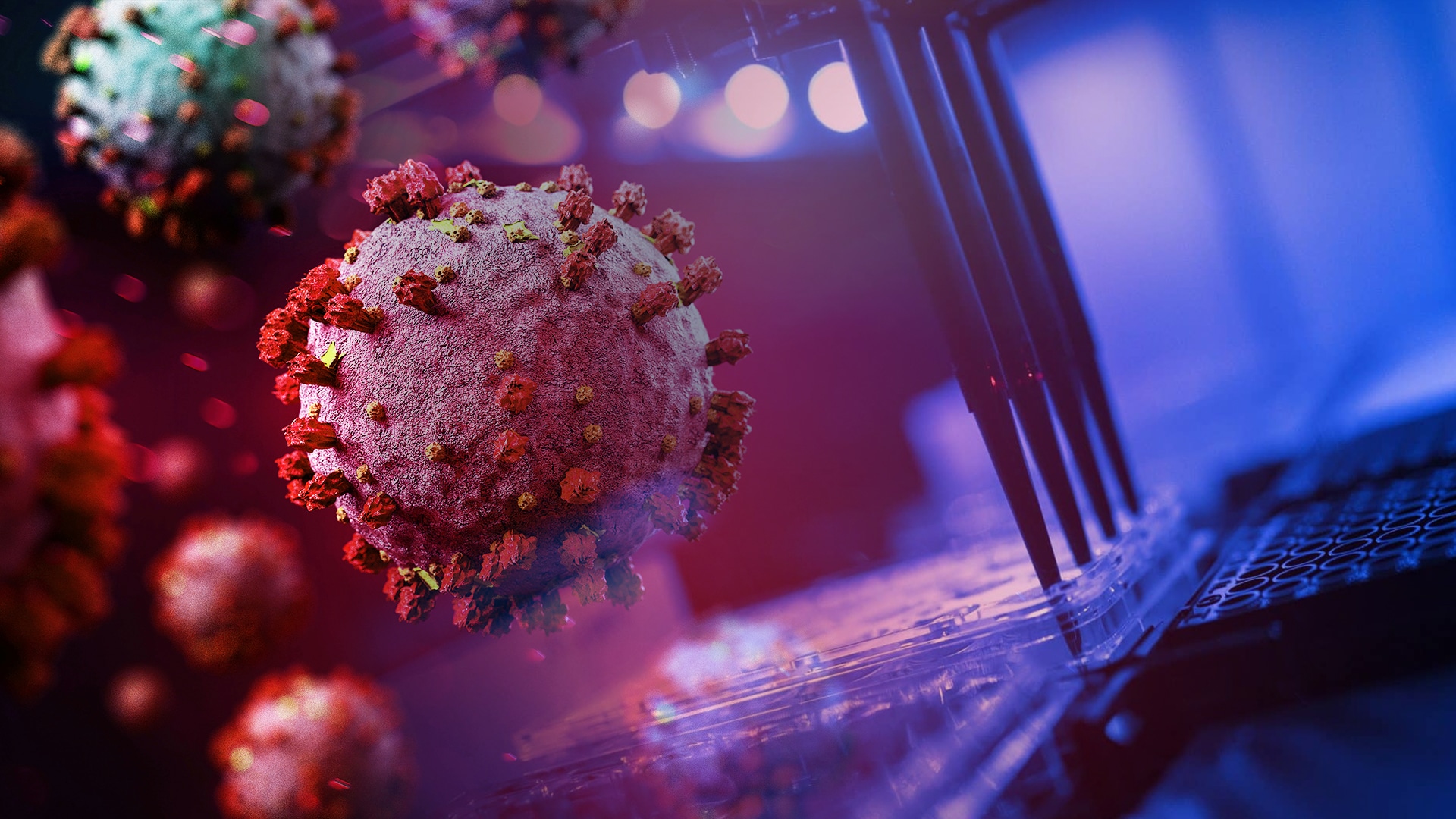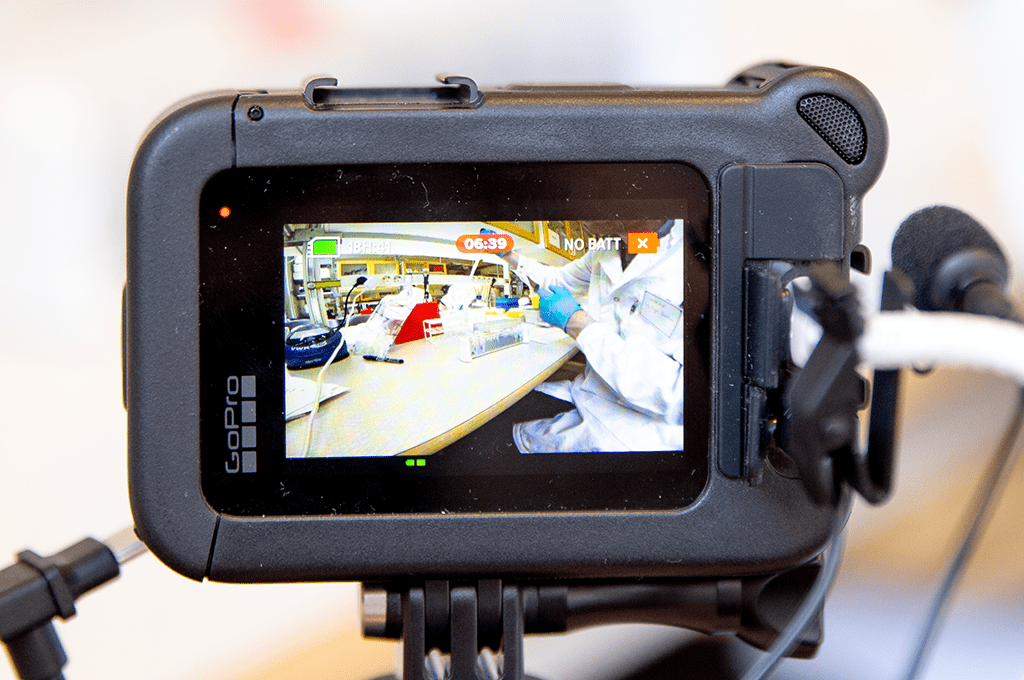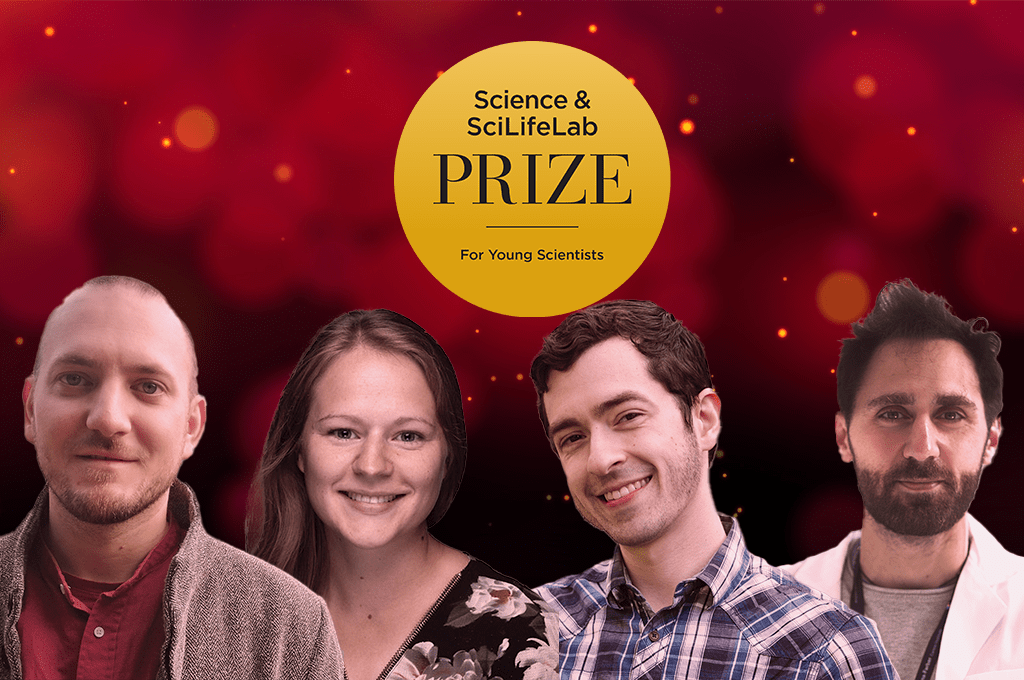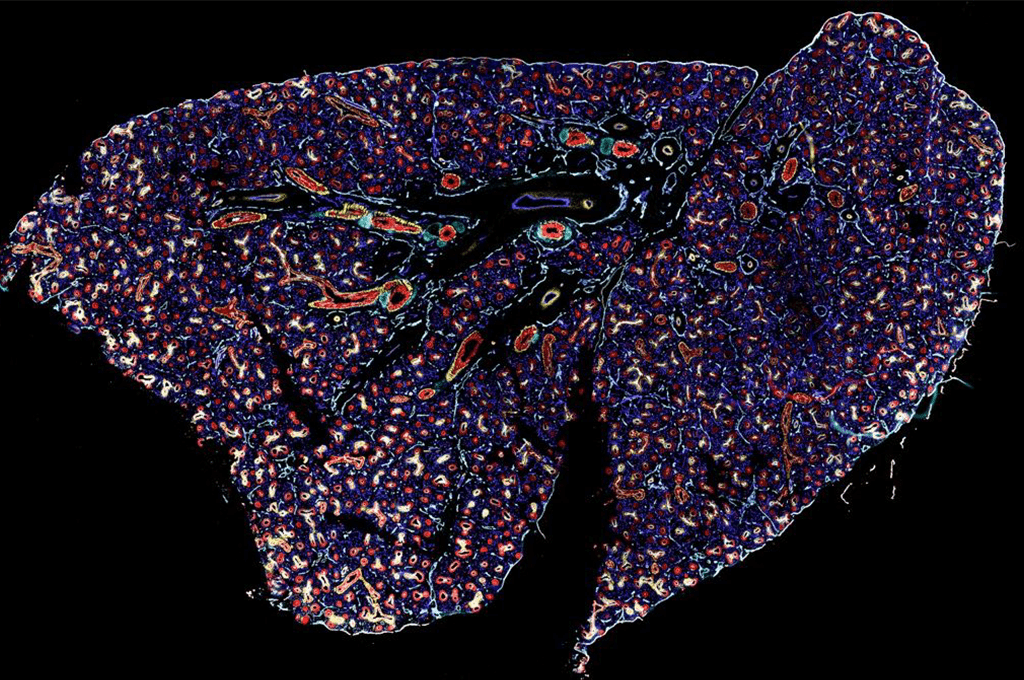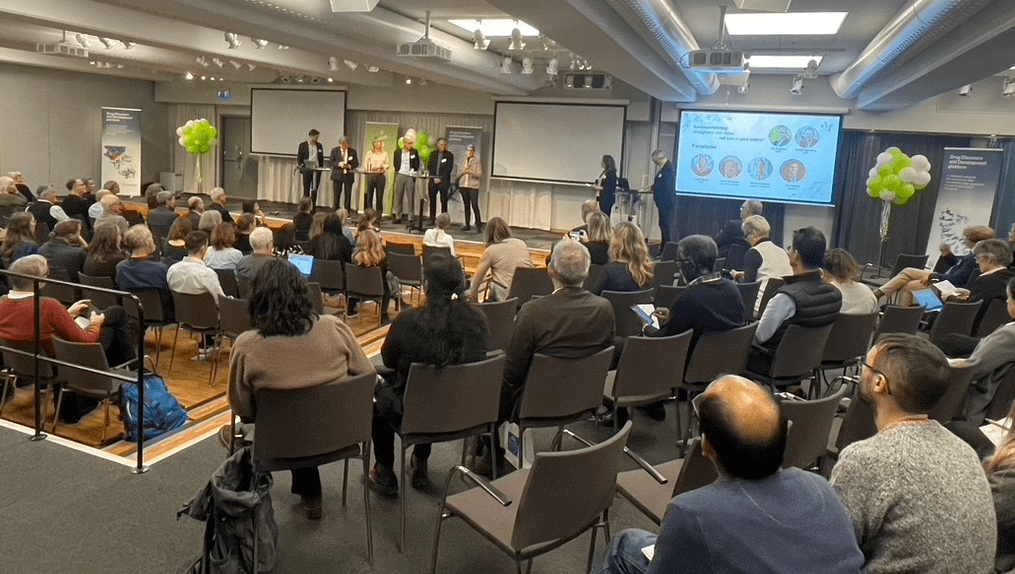The SciLifeLab national COVID-19 research program receives an additional MSEK 50 from KAW
Today, the Knut and Alice Wallenberg Foundation (KAW) announced that they will donate an additional SEK 50 million to COVID-19-related research at SciLifeLab. The funding will mainly be used to strengthen the national COVID-19 research program established in the spring of 2020.
The previous donation led to a broad COVID-19 research program, including 67 different research projects in nine research areas, all focusing on combating the pandemic using the SciLifeLab infrastructure, as well as an extensive upscaling of COVID-19 testing. Now, the program will be extended, but new aspects, such as critical questions that have risen since the program was first launched, will also be taken into consideration.
“The new funding will ensure that the most progressive parts of the research program can continue in the years ahead. It will also enable us to address concerns and questions that have remained unanswered regarding the virus. These include the long-term sustainability of the immune response, impact of vaccination, the long-term consequences of COVID-19 infection and other topics to be considered”, says SciLifeLab Director Olli Kallioniemi.
In the early days of the pandemic, KAW and SciLifeLab teamed up to support development of virus testing, biobanking, antibody testing and later environmental virus profiling in order to understand and quantitate the impact of COVID-19. Today, over 250,000 virus tests and over 77,000 antibody tests have been performed.
“The national program created an extremely extensive research network – a key resource to be maintained so we can learn more about COVID-19, and achieve research breakthroughs both for ongoing and for future pandemics. An awful lot of questions remain unanswered, which makes commitment to further research necessary,” says Peter Wallenberg Jr, Chair of Knut and Alice Wallenberg Foundation, in a press release.
The SciLifeLab and KAW national COVID-19 research program aims to increase the Swedish research community’s capacity to produce useful data and knowledge about the corona pandemic, to create and implement better tests, provide a clearer overview of the pandemic in real time, integrate data in different technologies and research areas, and to create multidisciplinary data and better predictive models of the impact of the pandemic. A document describing the program background and framework of the current program is available here.
So far, the program has led to the development of new molecular diagnostic methods, high-throughput and high-content serology, analysis of the host immune response, understanding the molecular pathogenesis as well as researching how the virus could be inhibited in the host. All projects have also contributed to open data and the national COVID-19 data hub.
“We are not out of the woods yet and there may be both new waves of COVID-19 as well as new pandemics that we should be prepared for. The long-term consequences of COVID-19 infections are still poorly understood. Compared to the situation in March 2020, I am sure we will be much better prepared for whatever comes to face us in the future”, says Olli Kallioniemi.
